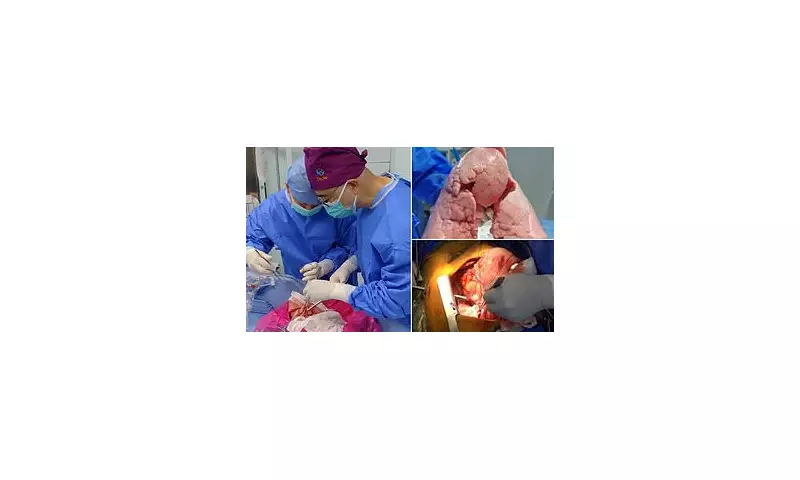
In a world-first procedure that could forever change the future of organ transplantation, a team of pioneering UK surgeons has successfully transplanted a genetically modified pig lung into a human patient. This groundbreaking operation represents a quantum leap in the field of xenotransplantation—the process of transplanting animal organs into humans.
A Genetic Marvel: Engineering the Perfect Match
The success of this operation hinged on meticulous genetic engineering. Scientists meticulously altered the pig's DNA, effectively stripping the lung of genes that would trigger an immediate and catastrophic rejection by the human immune system. This biological tweaking was the critical key that allowed the human body to accept the foreign organ, a hurdle that has plagued researchers for decades.
Tackling the Chronic Organ Shortage Crisis
This breakthrough shines a beacon of hope for thousands of patients languishing on transplant waiting lists across the UK and beyond. With the demand for life-saving organs far outstripping supply, this technology could herald the end of the agonising wait for a human donor, effectively creating a viable, sustainable supply of organs.
The Road Ahead: Cautious Optimism in the Medical Community
While the initial success of the surgery is cause for celebration, the medical community remains cautiously optimistic. The focus now shifts to monitoring the patient's long-term recovery and ensuring the organ continues to function without complications. Further trials and research are essential, but this momentous first step proves that the concept is not just science fiction—it is the future of medicine.
This monumental achievement not only showcases the UK's position at the forefront of medical innovation but also opens a new chapter where organ failure may no longer be a death sentence for countless individuals.





